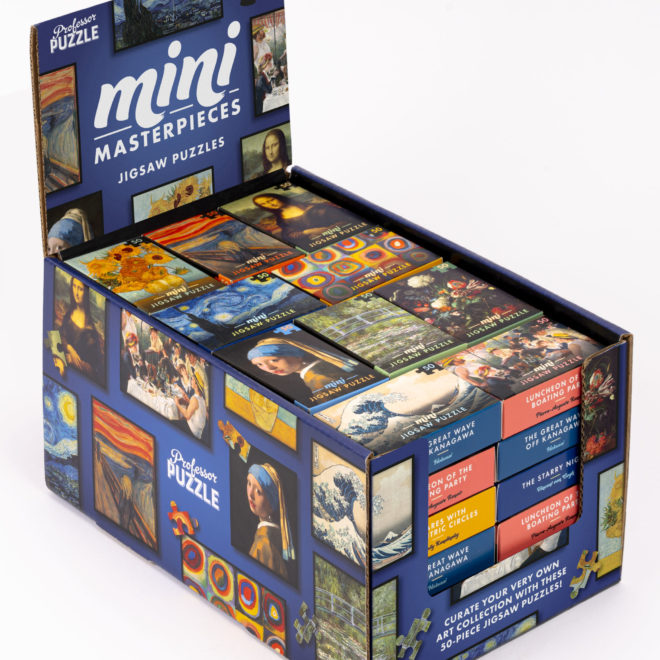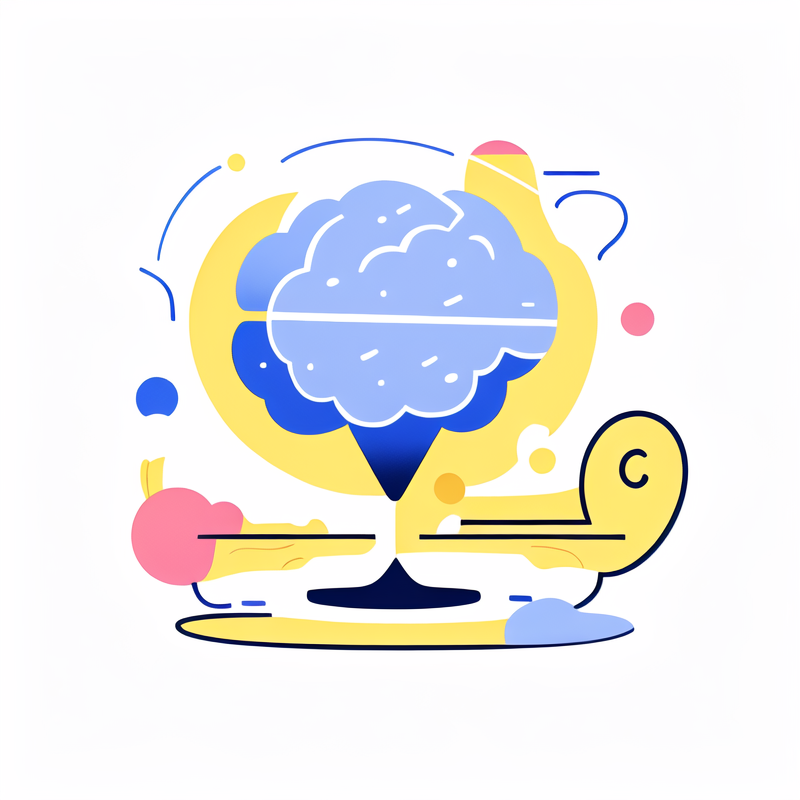The Benefits of Solving Hard Puzzles
Engaging in hard puzzles offers numerous benefits.

Enhances Problem-Solving Skills
Solving hard puzzles trains your brain to navigate complex problems. It sharpens decision-making and critical thinking.
Boosts Intellectual Growth
Hard puzzles expand your mind. They introduce new concepts and challenge your intellect.
Improves Memory and Concentration
Regular puzzle solving strengthens memory. It increases focus and the ability for sustained concentration.
Provides Stress Relief
Hard puzzles can be a form of meditation. They allow for mental rest, reducing stress and anxiety.
Encourages Persistence and Patience
Through challenging puzzles, you learn tenacity. You become more patient as you work through difficulties.
Social Interaction and Bonding
Puzzle communities bring people together. Sharing strategies and solving together builds team spirit.
Types of Hard Puzzles to Enhance Brain Function
Many hard puzzles can boost brain function and keep your mind sharp. These puzzles range in type and complexity, providing various options for anyone looking to enhance their cognitive abilities.
Crossword Puzzles
Crossword puzzles require you to call upon your vocabulary and general knowledge. They often include hints that demand lateral thinking.
Sudoku
Sudoku puzzles demand logic and pattern recognition. They reinforce the ability to sequence numbers and manage grids.
Logic Grid Puzzles
These hard puzzles involve deductive reasoning. You must make connections between different clues to find the solution.
Brain teasers challenge you to think outside the box. They might involve riddles or complex scenarios that need innovative thinking.
Cryptograms
Cryptograms are puzzles where a sentence is coded into a sequence of numbers or symbols. Deciphering them involves recognizing patterns and understanding syntax.
Jigsaw Puzzles
Jigsaw puzzles can be incredibly complex, requiring spatial awareness and patience as you sort through numerous pieces.
Chess Problems
Chess puzzle scenarios test foresight and strategic planning. They simulate game situations where you must find the best moves.
Escape Room Puzzles
These puzzles replicate the escape room experience. You solve a series of interconnected puzzles under time pressure.
Exploring different types of hard puzzles can stimulate your brain in unique ways. The key is to find puzzles that you enjoy and challenge your cognitive abilities at the same time. By regularly engaging in hard puzzles, you can enhance your brain’s function and enjoy the myriad benefits that come with keeping your mind active.
Strategies to Approach Hard Puzzles
Facing hard puzzles can sometimes feel daunting. Here are strategies to help you approach and solve them more effectively:
Start with Familiar Puzzles
Begin with puzzle types you know well to build confidence. Understanding their patterns eases you into problem-solving.
Break Down the Puzzle
Divide the puzzle into smaller parts. Tackle one section at a time to avoid feeling overwhelmed.
Apply a Methodical Approach
Develop a step-by-step method. Stick to it to bring order to complex puzzles.
Keep Trying Different Angles
If you’re stuck, shift your perspective. A new approach can reveal overlooked solutions.
Take Regular Breaks
Step away when frustrated. Breaks refresh your mind and improve focus upon return.
Note Down Insights
Jot down any clues or patterns you discover. These notes can be crucial in piecing together the puzzle.
Practice Consistently
Regular practice sharpens your skills. The more puzzles you solve, the better you get at them.
Seek Out Hints Sparingly
Look for hints if needed, but use them as a last resort. Solving without help builds your ability to face future challenges.
Using these strategies, tackling hard puzzles becomes more manageable. With each puzzle you solve, you sharpen your skills and become better equipped for the next challenge.

The Role of Hard Puzzles in Cognitive Development
Hard puzzles play a critical role in cognitive development. Engaging with these challenges is not just a hobby, but an investment in one’s mental agility. Below are key ways in which tackling hard puzzles contributes to this important aspect of brain health.
Stimulates Neuroplasticity
Hard puzzles encourage the brain to form new connections. This ability, called neuroplasticity, is crucial for learning new skills and adapting to change.
Enhances Executive Functions
Solving complex puzzles boosts executive functions like planning, organization, and flexible thinking. These skills are vital for daily life and professional success.
Accelerates Mental Processing Speed
Frequent puzzle solving can speed up your ability to process information. This leads to quicker thinking and reaction times.
Improves Pattern Recognition
Hard puzzles often involve recognizing patterns. This skill is key for critical thinking and can be applied to real-world scenarios.
Boosts Working Memory
Keeping track of multiple puzzle pieces requires working memory. As this improves, so does the ability to juggle various tasks at once.
Increases IQ Scores
Some studies suggest that regular engagement with hard puzzles may even increase IQ scores, reflecting enhanced cognitive abilities.
Hard puzzles serve as a gym for the brain, pushing it to develop and maintain cognitive abilities. This growth is not limited to just the duration of the puzzle-solving activity, but extends into other areas of life, contributing to overall cognitive development.
Tips for Incorporating Puzzles into Your Daily Routine
Integrating hard puzzles into your daily schedule can enhance your cognitive abilities. Here are some simple tips to help you make puzzles a part of your everyday life:
Make It a Morning Ritual
Start your day with a puzzle. It can wake up your brain and set a positive tone.
Schedule Puzzle Time
Block out a regular time for puzzle in your calendar. Treat it as important as any meeting.
Pair Puzzle with Breaks
Use puzzle-solving breaks during work or study. This can re-energize your mind effectively.
Use Puzzle as a Family Activity
Involve your family in solving puzzles. It adds fun and promotes bonding.
Keep Puzzles Handy
Have a puzzle book or app nearby. Reach for it whenever you have a spare moment.
Challenge Yourself Weekly
Try a tougher puzzle each week. This helps in progressively enhancing your skills.
Relax with Puzzles
Use puzzles to unwind. They are a great way to relax and de-stress after a long day.
By including hard puzzles in your routine, you’ll constantly challenge your brain. It enables you to enjoy both the entertainment and the mental benefits puzzle-solving offers.
Online Platforms and Apps for Hard Puzzle Enthusiasts
For those who love hard puzzle, the digital age brings a trove of resources. Online platforms and apps designed for puzzle enthusiasts are just a click away. Here are some tips to navigate the digital puzzle landscape to enhance brain fitness.
Discover Diverse Puzzle Apps
Search for apps that offer a variety of hard puzzle. From brain teasers to complex logic challenges, these apps can keep your mind sharp. Many are free to download, with additional puzzles available for purchase.
Join Online Puzzle Communities
Online forums and social media groups bring puzzle lovers together. Exchange tips, share achievements, and solve puzzles collaboratively. These communities often host events and challenges to boost your puzzle-solving skills.
Participate in Virtual Competitions
Compete with puzzle solvers around the world. Online competitions test your abilities and offer a fun way to measure your skills against others.
Follow Puzzle Developers
Support developers who create hard puzzle. Follow them for updates on new puzzle or versions of your beloved games.
Set Up Puzzle Notifications
Use app settings to get daily puzzle or reminders. Regular prompts encourage you to solve puzzle and stay engaged.
Track Your Progress
Some apps include features to track your solving times and success rates. Monitoring your progress can motivate you and highlight your improvement.
Embrace the digital realm to satisfy your appetite for hard puzzles. Whether it’s to fill spare moments or engage in structured brain workouts, these platforms and apps are helpful tools for keeping your mind active and entertained.
Hard Puzzle Community and Competitions
The world of puzzle extends beyond the personal challenge; it encompasses a vast community and competition scene. Gaining a sense of belonging and challenging oneself on a broader scale are just two perks of being involved in this vibrant community.
Finding Your Puzzle Community
Entering puzzle communities is simple. Look for online forums, social media groups, or local clubs dedicated to puzzle enthusiasts. Engaging with others offers social interaction, shared tips, and collective problem-solving joy. Find peers who share your passion for hard puzzle. Exchange ideas and tackle challenges together.
Benefits of Community Involvement
Being active in puzzle communities helps you stay motivated. You learn new strategies and celebrate puzzle-solving victories together. This engagement also opens up opportunities for entering group competitions or cooperative events.
Competing with Fellow Enthusiasts
Online platforms often host virtual competitions for hard puzzle. Such events are excellent venues for testing your skills and progressing. They let you pit your wits against fellow enthusiasts from across the globe.
Local and National Puzzle Competitions
Some locations offer local or national puzzle competitions. These events might include puzzle-solving marathons, timed challenges, or themed contests. Participating in them adds excitement and the drive to improve.
The Thrill of Competition
Puzzle competitions offer a unique thrill – the buzz of racing against the clock or outsmarting another competitor. This competitive edge adds another layer of enjoyment to puzzle-solving.
Joining the hard puzzle community and competing not only sharpens your abilities but also allows you to be part of an inclusive and supportive network. It transforms the solitary act of puzzle-solving into a shared, thrilling pursuit, enhancing the overall experience.
Tracking Progress and Celebrating Achievements in Puzzle Solving
Engaging in hard puzzle is rewarding, and tracking your progress is essential. Celebrate your puzzle-solving milestones with these tips:
Keep a Puzzle Journal
Record your puzzle attempts, successes, and the strategies used. This journal tracks your improvement over time.
Set Personal Goals
Challenge yourself by setting specific puzzle-solving goals. Aim for faster times or tackling more difficult puzzles.
Use Apps with Progress Tracking
Many puzzle apps provide statistics on your performance. Review these to gauge your progress and set new challenges.
Post your puzzle achievements on social media or with your puzzle community. Sharing encourages accountability and recognition.
Reward Yourself
Treat yourself when you reach a puzzle goal. Rewards reinforce positive behavior and motivate continued effort.
Reflect on the Journey
Take time to reflect on how far you’ve come. Consider the skills you’ve gained and the challenges you’ve overcome.
By monitoring progress and celebrating achievements, puzzle solvers can maintain motivation and enjoy a sense of accomplishment. Join the ranks of those who not only value the cognitive benefits of hard puzzles but also the personal satisfaction they offer.
